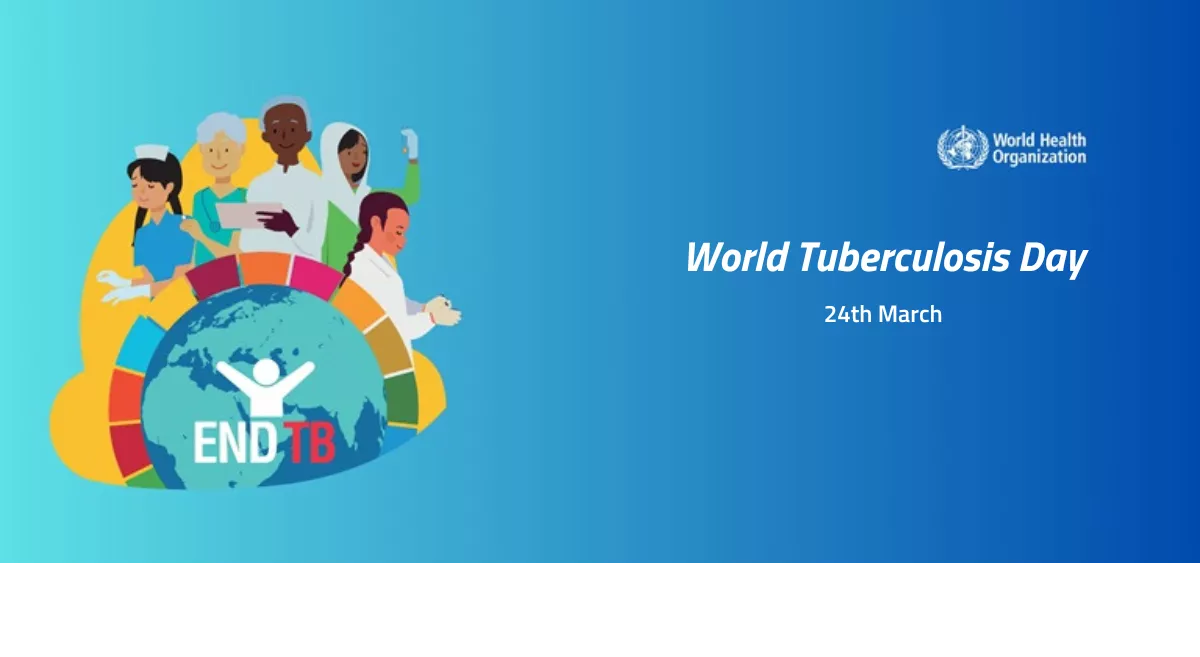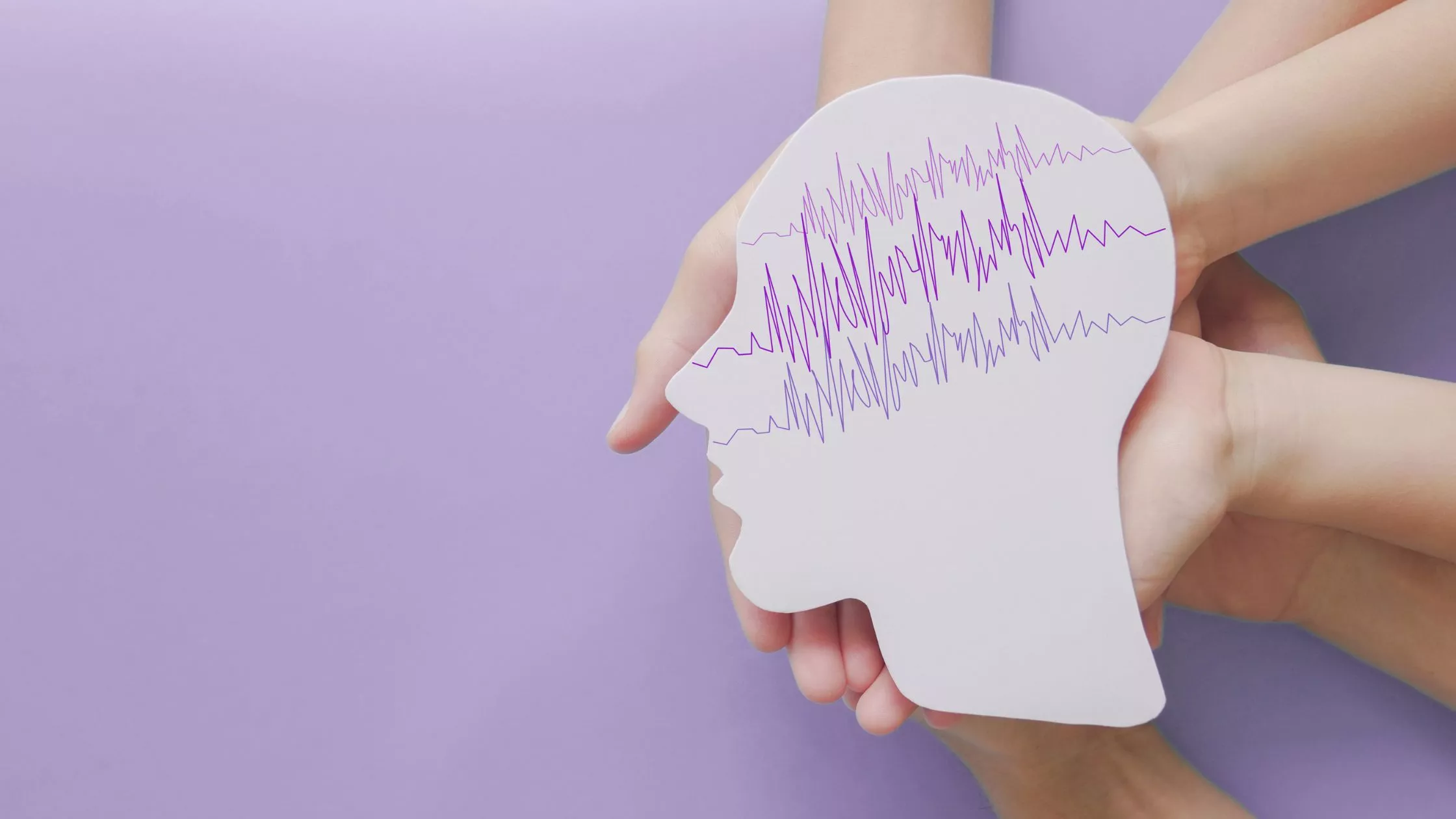Introduction
Migraines are more than just headaches; they can be debilitating, affecting daily life with intense pain, nausea, and sensitivity to light and sound. While many factors contribute to migraines, diet plays a crucial role. Certain foods can trigger or worsen migraine attacks, making it essential to identify and avoid them. Below, we explore ten common migraine-triggering foods and how they affect the body.
1. Caffeine – A Double-Edged Sword
Caffeine is tricky when it comes to migraines. For some individuals, coffee can provide relief, while for others, caffeine may trigger migraines. Consuming too much caffeine or experiencing withdrawal can cause migraines due to the constriction and dilation of blood vessels. Individuals sensitive to caffeine should limit their intake and maintain a consistent consumption pattern to avoid sudden fluctuations.
2. Alcohol – Red Wine and Beyond
Alcohol, especially red wine, is one of the most commonly reported migraine triggers. It contains histamines, tannins, and sulfites, which can cause blood vessel changes and result in headaches. Beer, whiskey, and champagne can also be problematic. If alcohol triggers migraines, it's best to avoid it or limit intake to prevent dehydration, another common migraine cause.
3. Aged Cheese – Tyramine Trouble
Aged cheeses such as cheddar, blue cheese, Swiss, and parmesan contain high levels of tyramine, A compound that can contribute to migraines by affecting neurotransmitter levels. If you're sensitive to tyramine, consider switching to fresh cheeses like mozzarella or ricotta, which have lower tyramine content.
4. Processed Meats – Nitrates and Nitrites
Bacon, hot dogs, salami, and deli meats often contain preservatives like nitrates and nitrites, which can dilate blood vessels and trigger migraines. These additives, used to enhance flavor and shelf life, can be problematic for many migraine sufferers. Opting for fresh, unprocessed meats may help reduce migraine frequency.
5. Chocolate – A Hidden Trigger
Chocolate is another common culprit, reported by about 20% of migraine sufferers. It contains both caffeine and beta-phenylethylamine (PEA), which may contribute to headaches by affecting blood vessels. While not everyone with migraines is affected, those who notice a pattern should limit their chocolate intake.
6. MSG (Monosodium Glutamate) – The Flavor Enhancer
MSG is a common food additive utilized for enhancement. Flavor is frequently associated with migraines. Found in processed foods, fast food, canned soups, and snack items, MSG can overstimulate nerve cells and contribute to headaches. Reading labels carefully and avoiding MSG-containing products can help minimize the risk.
7. Artificial Sweeteners – Aspartame and More
Aspartame, commonly found in diet sodas, sugar-free gum, and other low-calorie products, has been linked to migraines. It alters brain chemistry and can act as a neurotoxin for some individuals. Those sensitive to artificial sweeteners should consider natural alternatives like honey or stevia.
8. Dairy Products – A Common Culprit
While dairy isn’t a trigger for everyone, some migraine sufferers report issues with milk, yogurt, and other dairy products. This could be due to lactose intolerance or other sensitivities affecting the nervous system. If dairy seems to trigger migraines, switching to lactose-free or plant-based alternatives may help.
9. Nuts and Seeds – Tyramine and Histamine Sources
Certain nuts and seeds, including peanuts, almonds, and cashews, contain tyramine and histamines, both of which can trigger migraines in susceptible individuals. If nuts are a known trigger, try substituting them with seeds like flaxseeds or chia seeds, which have lower tyramine content.
10. Pickled and Fermented Foods – The Hidden Tyramine
Pickled and fermented foods, such as sauerkraut, kimchi, and soy sauce, contain high levels of tyramine due to the fermentation process. This can lead to migraines in those who are sensitive. If fermented foods are a trigger, fresh alternatives may be a safer choice.
Tips for Managing Food Triggers
Keep a Migraine Diary: Track your meals, beverages, and migraine episodes daily to identify patterns and potential food triggers. Note the time of onset, intensity, and any other symptoms that accompany your migraine. Over time, this can help you pinpoint specific foods or ingredients that may be contributing to your attacks.
Maintain a Balanced Diet: Skipping meals or fasting can cause fluctuations in blood sugar levels, which may trigger migraines. Eating at regular intervals and including a mix of protein, healthy fats, and complex carbohydrates can help stabilize energy levels and reduce the risk of attacks. A well-balanced diet supports overall brain health and minimizes potential dietary triggers.
Choose Alternatives: Many processed foods contain additives like MSG, artificial sweeteners, and preservatives that can trigger migraines. Instead, focus on fresh, whole foods such as fruits, vegetables, lean proteins, and whole grains. Preparing meals at home allows you to control ingredients and avoid hidden triggers in restaurant or packaged foods.
Stay Hydrated: Even mild dehydration can lead to headaches and increase the severity of migraines. Aim to drink plenty of water throughout the day and avoid excessive consumption of caffeinated or sugary drinks, which can contribute to dehydration. Adding hydrating foods like watermelon, cucumber, and leafy greens to your diet can also help maintain adequate fluid levels.
Consult a doctor or Nutritionist: If you suspect that food triggers are affecting your migraines, a healthcare professional can help you develop a personalized diet plan. They can conduct tests, recommend an elimination diet, and provide guidance on maintaining proper nutrition while avoiding potential triggers. Personalized advice ensures that you are making safe and effective dietary adjustments for long-term migraine management.
Conclusion
While food triggers vary from person to person, understanding common culprits can help to prevent migraines. By making mindful dietary choices and tracking symptoms, migraine sufferers can take proactive steps toward managing their condition. If you've experienced food-related migraines, share your experiences in the comments and follow for more health tips!


































